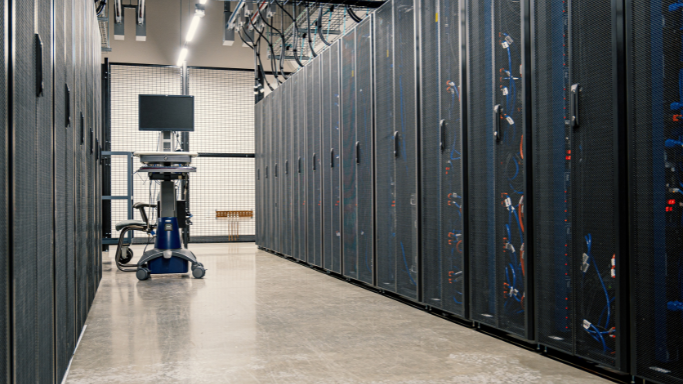The Future of Data Centers: Trends Shaping the Digital Backbone
Article
In the digital age, data centers serve as the backbone of modern technology, enabling businesses, governments, and individuals to store, process, and access vast amounts of data efficiently. As technology evolves, data centers must adapt to meet growing demands for speed, security, and sustainability. Here are the key trends shaping the future of data centers.
1. Sustainability and Green Data Centers
Environmental concerns and rising energy costs are driving the shift toward green data centers. Companies are investing in energy-efficient infrastructure, such as liquid cooling, renewable energy sources, and AI-driven power management systems. Hyperscale data centers, operated by tech giants like Google and Microsoft, are pioneering the use of carbon-neutral and even carbon-negative solutions to minimize their environmental footprint.
2. Edge Computing and Decentralization
With the increasing need for real-time data processing, edge computing is becoming a critical trend. Instead of relying solely on centralized data centers, businesses are deploying smaller, localized data hubs closer to end users. This reduces latency, enhances performance, and improves reliability, particularly for applications like IoT, autonomous vehicles, and smart cities.
3. AI and Automation in Data Management
Artificial intelligence (AI) and machine learning are revolutionizing data center operations. AI-driven automation helps optimize workloads, predict hardware failures, and enhance security. Automated systems reduce downtime, lower operational costs, and improve overall efficiency, allowing data centers to handle increasingly complex workloads with minimal human intervention.
4. Hyperscale and Modular Data Centers
As data consumption continues to grow, hyperscale data centers are expanding rapidly. These massive facilities, designed for scalability and efficiency, support cloud computing and big data analytics. Additionally, modular data centers, which consist of pre-built units that can be deployed quickly, are gaining popularity due to their flexibility and cost-effectiveness.
5. Enhanced Cybersecurity Measures
With cyber threats on the rise, securing data centers has become a top priority. Advanced encryption techniques, zero-trust security models, and AI-driven threat detection systems are being implemented to safeguard sensitive information. Additionally, regulatory compliance and industry standards are evolving to ensure robust data protection.
6. 5G and High-Speed Connectivity
The rollout of 5G networks is set to revolutionize data centers by enabling faster and more reliable connectivity. 5G will enhance cloud computing, support real-time applications, and facilitate seamless communication between data centers and edge devices. As network infrastructure evolves, data centers will play a crucial role in enabling high-speed, low-latency services.
7. Quantum Computing and Next-Gen Technologies
While still in its early stages, quantum computing has the potential to redefine data processing capabilities. Future data centers may integrate quantum computing technology to handle complex calculations at unprecedented speeds. As this technology matures, it could revolutionize industries such as cryptography, healthcare, and artificial intelligence.
Conclusion
The future of data centers is being shaped by innovation, efficiency, and security. As businesses and technology leaders embrace these emerging trends, data centers will continue to evolve, ensuring a more sustainable, powerful, and secure digital ecosystem. Organizations that invest in these advancements will stay ahead in the competitive landscape and drive the next era of digital transformation.


